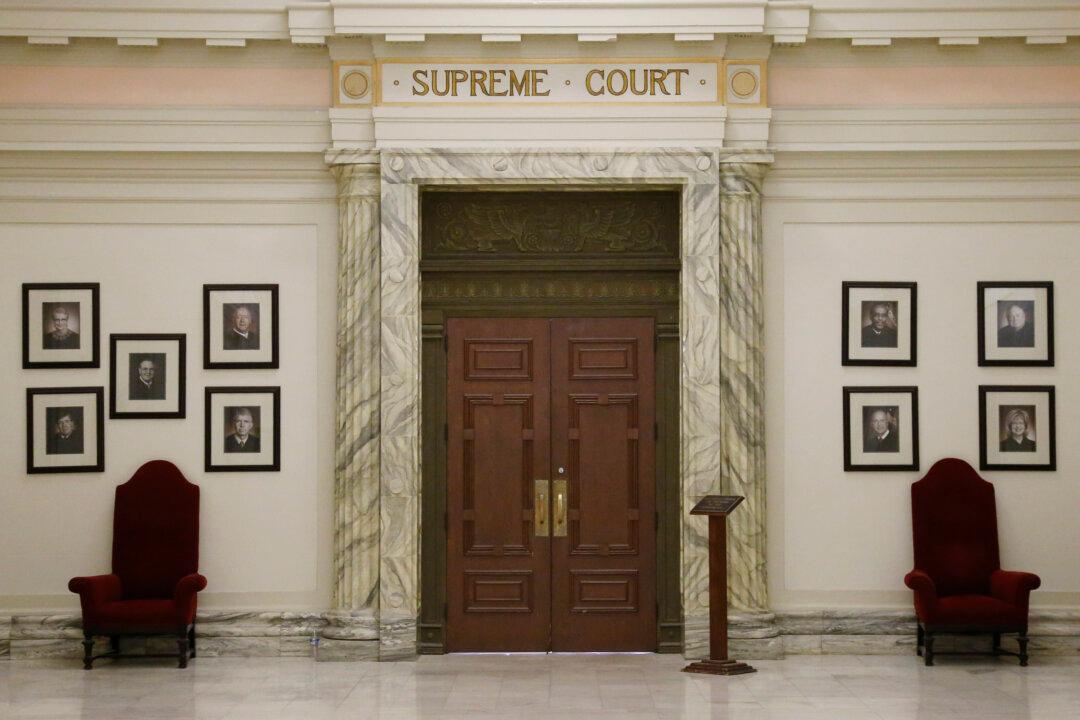The Oklahoma Supreme Court ruled on June 25 that the state’s charter school board violated both state and federal law when it approved a publicly funded religious charter school, the first in the United States, in June 2023.
Granting St. Isidore of Seville Virtual Charter School a charter was equal to the establishment of a state religion, the court found, with the majority of judges rejecting the defendant’s argument that the Catholic school would help allow free choice in religion.





